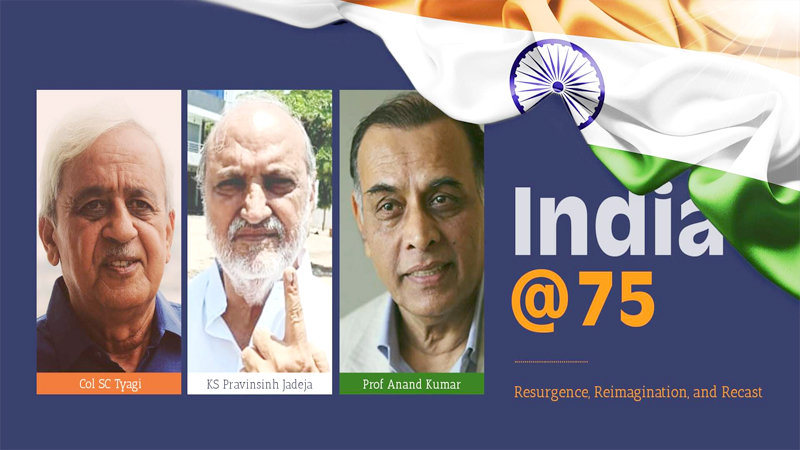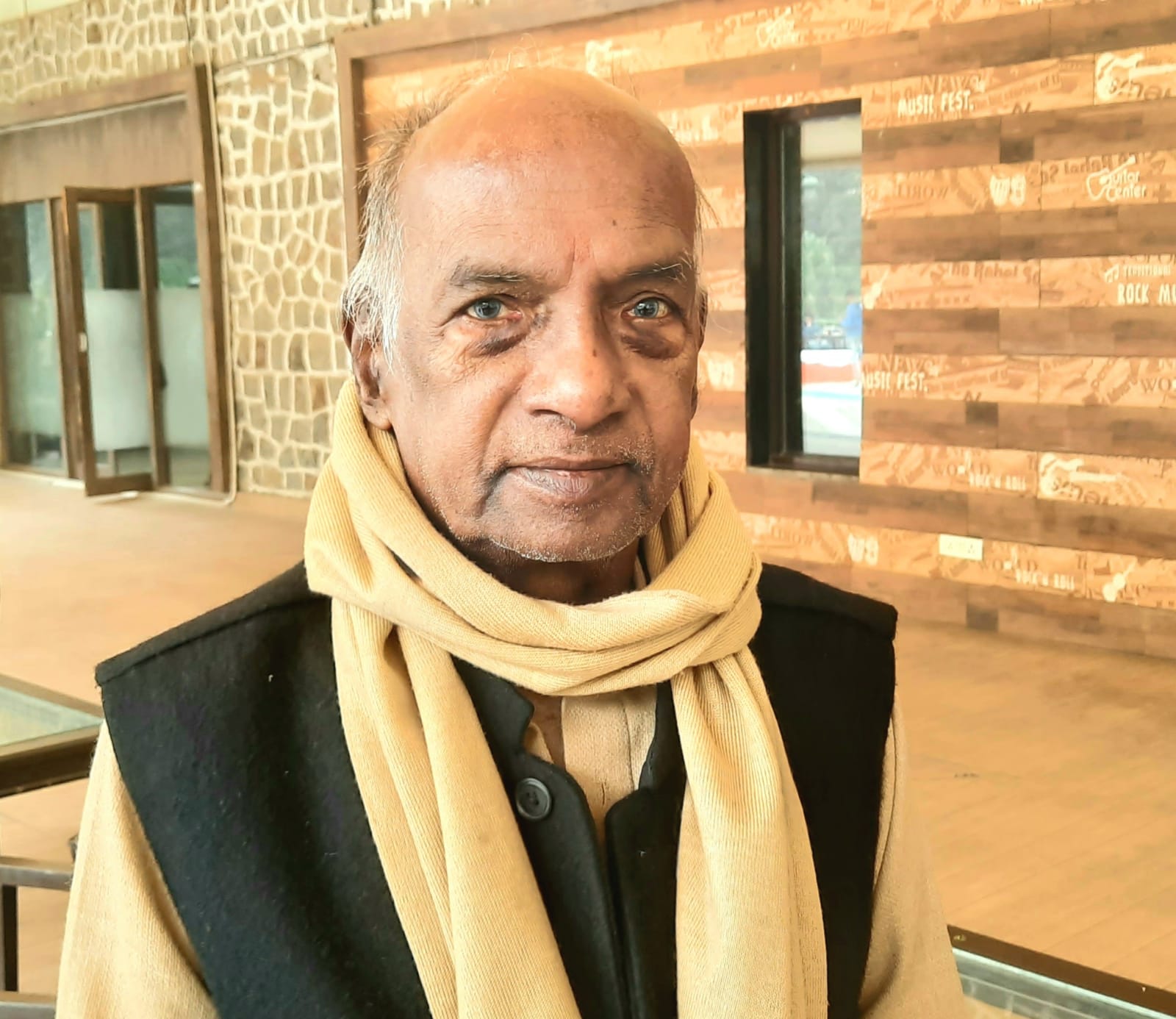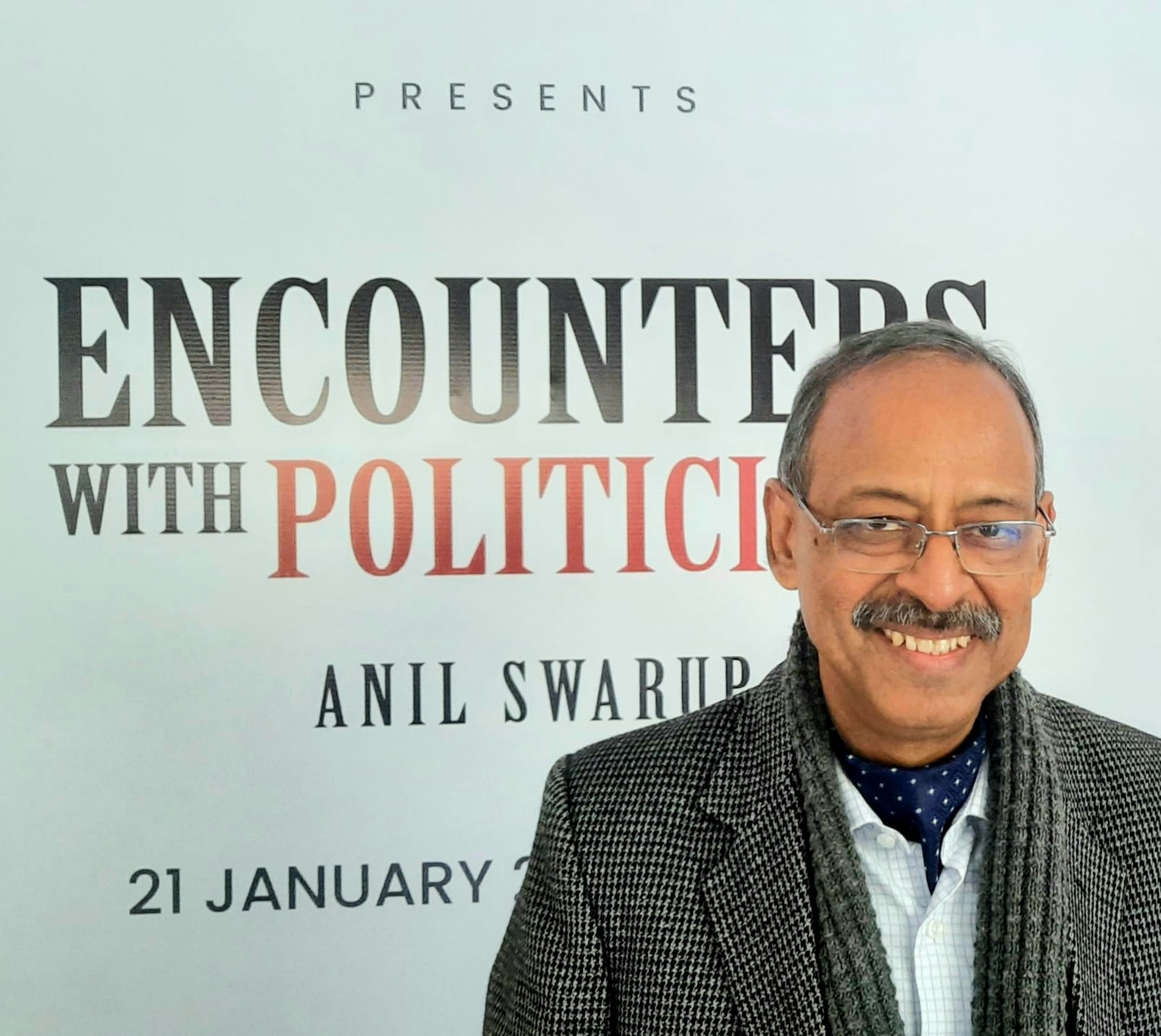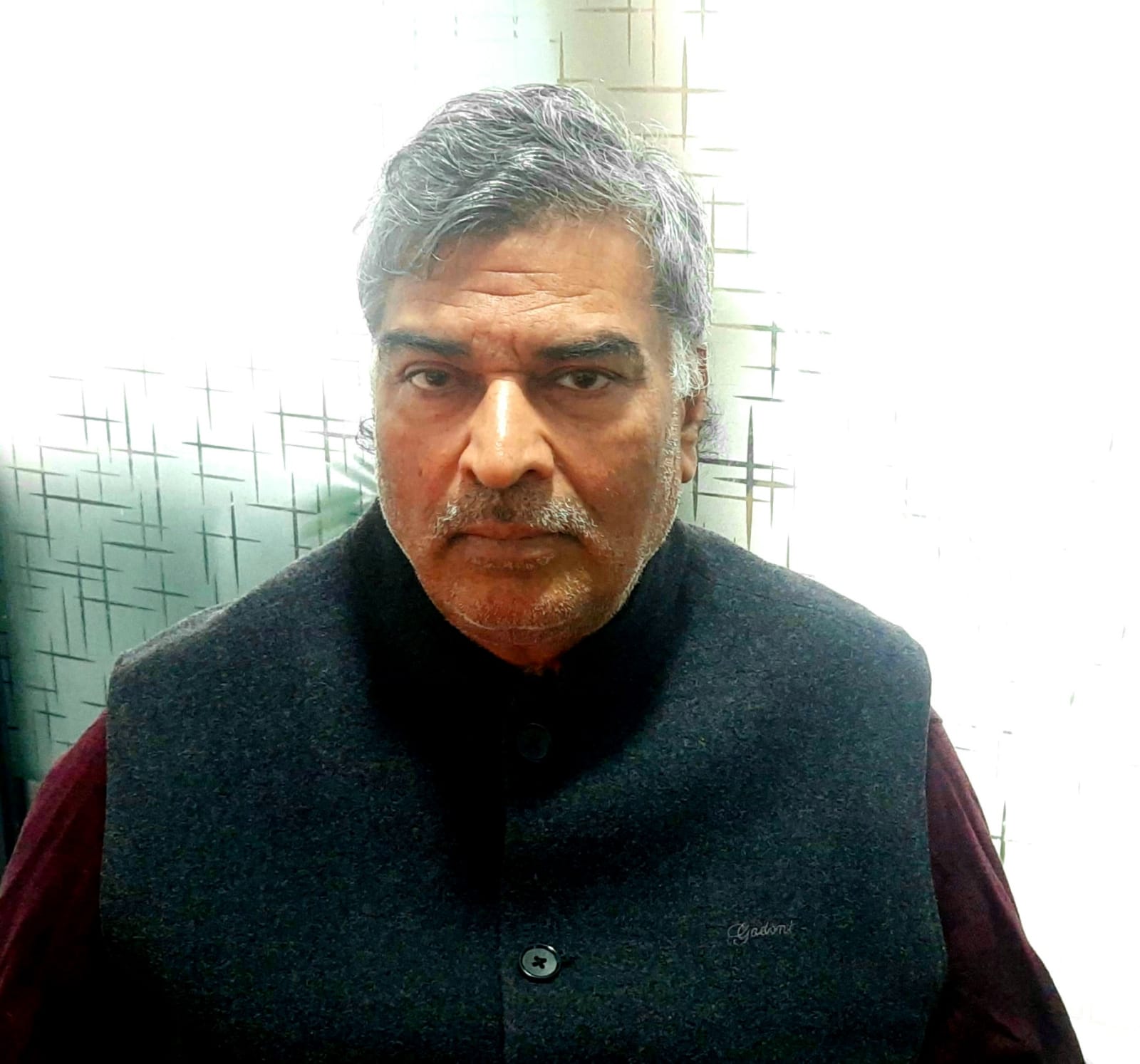The violence engulfing Manipur today is deeply rooted in a complex web of historical, ethnic, and administrative challenges. The state is home to three primary ethnic groups: the Meiteis, who inhabit the valley, and the Naga and Kuki tribes, who reside in the surrounding hills. When Manipur joined India in 1947, it faced a glaring neglect in governance, particularly in the absence of special provisions like the Sixth Schedule, which facilitates direct central funding for tribal areas. This oversight led to state-level mismanagement of funds, resulting in severe underdevelopment, especially among the Kuki community. The persistent lack of economic progress and resources fueled militancy and entrenched corruption, positioning Manipur among India’s most corrupt states.
The situation further deteriorated with the recent discovery of natural resources such as oil and gas, drawing vested interests that intensified ethnic strife. Despite the enduring challenges, the central government has largely remained aloof, failing to address the escalating conflict. A viable solution would be to grant Sixth Schedule status to ensure direct development aid to tribal regions, thereby addressing historical grievances and fostering sustainable growth.
In an exclusive conversation with The Interview World, Margaret Gangte, General Secretary of the Uday Bharatam Party, Delhi Pradesh, and Former Public Servant, delves into the root causes of Manipur’s current turmoil. As a resident of Manipur, she unpacks why the Kukis have borne the brunt of the violence, highlights how decades of administrative neglect have fueled the crisis, shares her insights on potential solutions, and offers a sobering outlook on the future of this conflict. Here are the key takeaways from her insightful interview.
Q: Can you explain the root causes of the current violence in Manipur?
A: The ongoing violence in Manipur can be traced to a series of historical, ethnic, and administrative missteps. Manipur is home to three major ethnic communities: the hill-dwelling Nagas and Kukis, and the Meiteis, the ruling majority settled in the valley. After the princely state of Manipur joined the Indian Union in 1947, it transitioned from a Union Territory to full statehood. However, since then, the administration has been marred by negligence and inefficiency.
A critical issue lies in the denial of the Sixth Schedule to Manipur’s hill tribes. Unlike other tribal regions in India that benefit from this provision—which ensures direct central funding for tribal development—the hill tribes of Manipur were excluded. Instead, their funds were funneled through the state budget. But corruption, mismanagement, and bureaucratic inefficiency meant that these funds rarely reached the people they were meant to uplift. Over the years, this systemic failure led to severe underdevelopment in the hill districts, particularly among the Kuki community. Deprived of resources and opportunities, these regions became hotbeds of militancy and extortion, perpetuating a cycle of violence and instability.
Q: Why are the Kukis particularly affected by this lack of development?
A: The Kukis, despite their long-standing presence in the region, include segments that migrated over the years, with some groups even arriving from Myanmar. This influx has led to a growing population without a matching increase in resources or development efforts. Funds earmarked for the hill areas were mismanaged, leaving the Kuki community underdeveloped and marginalized. This neglect fueled militancy and extortion, further deepening the state’s corruption. At its peak, Manipur was infamously ranked as the most corrupt state in India, and it likely remains among the worst offenders to this day.
Q: How has this historical and administrative neglect contributed to the current conflict?
A: The concentration of development in the Imphal Valley has left the hill districts starved of resources, stunting their growth and fueling a sense of neglect. This uneven development has sparked ethnic tensions, with different communities fiercely competing for the limited resources available. Over time, these disparities have deepened divisions, breeding animosity among the various ethnic groups.
Compounding the issue, there are serious allegations that vested interests have exploited the recent violence to gain control over Manipur’s rich natural resources, including oil, petroleum, and gas. Some reports claim these groups intentionally inflamed existing tensions to secure access to these lucrative assets. Meanwhile, the central government’s prolonged detachment from the crisis has allowed the conflict to fester, leaving the situation unresolved and increasingly volatile.
Q: What is your suggestion for resolving this conflict?
A: The government should have granted Sixth Schedule status to Manipur’s tribal areas from the outset. Doing so would have ensured direct transfer of development funds to the hill regions, enabling genuine progress on the ground. Instead, years of administrative mismanagement have allowed the issue to fester, turning it into a deep-rooted, almost intractable problem. The current conflict is a direct result of this neglect. Had the central government intervened more decisively and addressed the tribal communities’ grievances early on, the crisis might never have escalated to this level.
Q: What is your outlook on the future of this conflict?
A: The conflict remains unresolved, with the central government’s prolonged inaction only worsening the crisis. Manipur is still engulfed in turmoil, and ethnic tensions are at a boiling point, with no clear resolution on the horizon. Without immediate and decisive intervention, the trajectory of this conflict looks increasingly uncertain. The government must urgently step in to address the root causes and restore lasting peace in Manipur.









